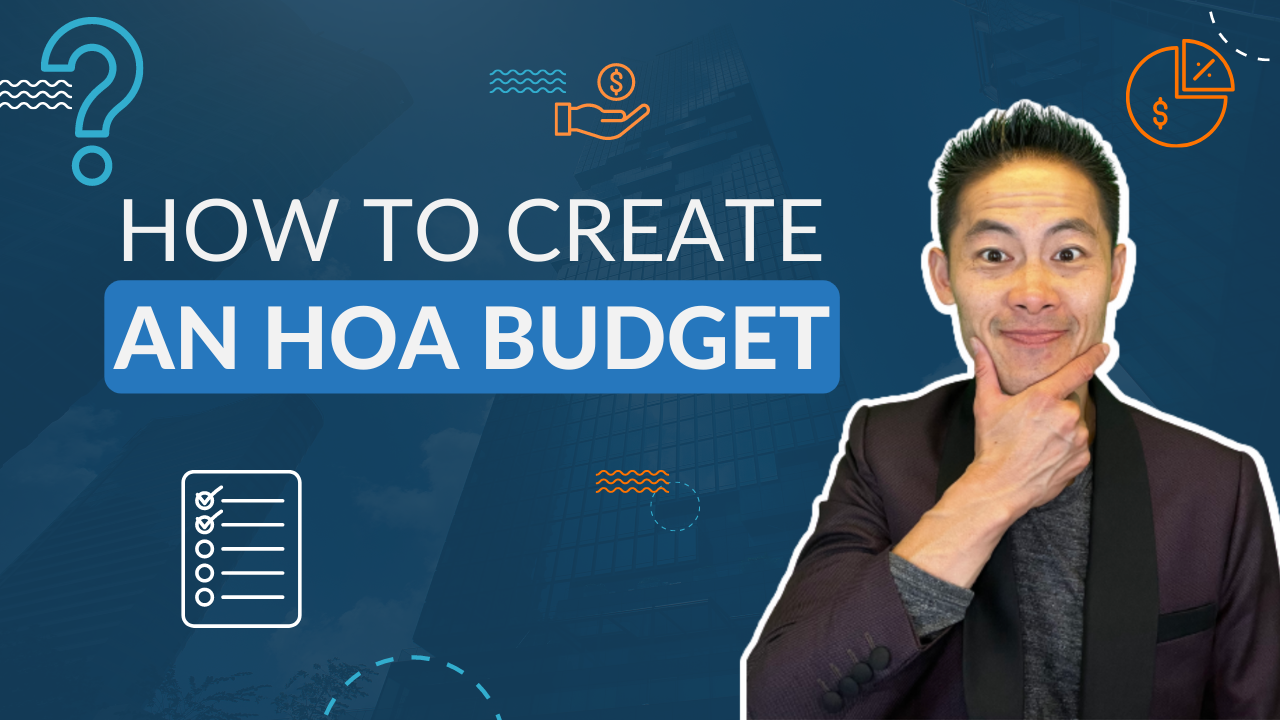Creating a well-structured Homeowners Association (HOA) budget is an important aspect of managing a community effectively.
In this article, we will delve into the intricacies of HOA budgeting, providing a step-by-step guide to help HOAs craft budgets that ensure financial stability and smooth operations.
1. Historical Expense Analysis

Effective budgeting begins with a thorough analysis of historical expenses. HOAs should ideally review expenditures from the previous three years to identify recurring and one-time expenses. Categorize these expenses into line items such as utilities, maintenance, capital improvements, and more.
2. Define Line Items
Collaborate with your property manager to establish a comprehensive list of line items in your budget. While some expenses like water, electricity, and repairs are obvious, consider further segmenting categories like repairs into regular maintenance and capital improvements. Each line item should align with your association’s specific needs.
3. Financial Manager’s Expertise

Engage the expertise of your financial manager to review historical expenses. Their insights will help identify trends, such as rising or falling costs in certain areas. Understanding these trends is instrumental in projecting future budget needs.
4. Create a Guesstimated Budget
Using the trends and historical data as a foundation, start crafting your HOA budget. It’s essential to remember that a budget is essentially an educated projection, not a rigid plan set in stone. The goal is to estimate what expenses your HOA is likely to incur in the upcoming year.
5. Balancing Income and Expenses

Budgeting is all about maintaining a delicate balance between income and expenses. Your budget should anticipate both the revenue you expect to collect from unit owners (condo fees and assessments if needed) and the anticipated expenses. Ideally, these figures should equalize, resulting in a zero balance at the end of the fiscal year.
6. Planning for Contingencies
While striving for a balanced budget, it’s prudent to account for unforeseen contingencies. Inevitably, some expenses may exceed projections, such as unexpected repair work due to severe weather. To address these situations without depleting your operational or reserve funds, include a contingency line item in your budget.
7. Aim for Prudent Financial Management
Ultimately, the goal of budgeting is not just to break even but to exercise prudent financial management. By planning for expenses, you can avoid surprises and ensure the association remains financially stable. This financial stability safeguards against the need for sudden assessments or unexpected financial strain.
8. Periodic Review and Adjustments

Once your budget is in place, the work doesn’t stop there. Periodically review the budget throughout the year, comparing actual expenses to the budgeted figures. Adjustments may be necessary to accommodate changing circumstances, unexpected costs, or cost-saving measures.
Craft Your HOA Budget With Expert Insights
Creating an HOA budget is a meticulous process that involves analyzing historical data, projecting future expenses, and balancing income and expenses.
If your HOA needs guidance in creating or managing budgets, consider seeking assistance from a professional property management company like Boston HOA Management. We offer expertise in financial planning and management, providing peace of mind for your community’s financial health.





